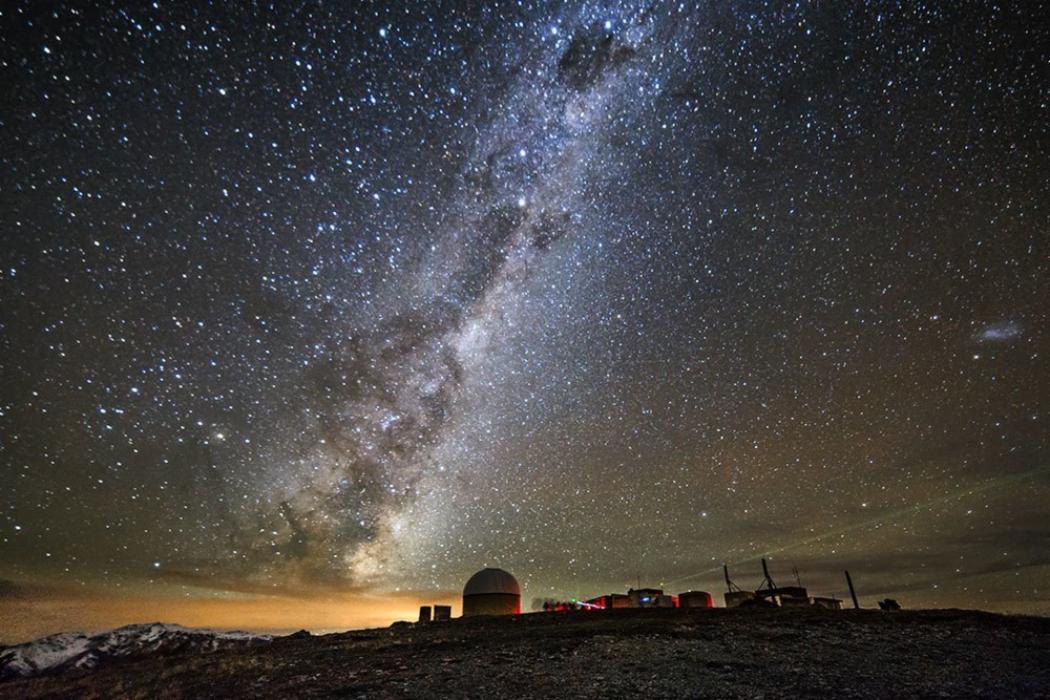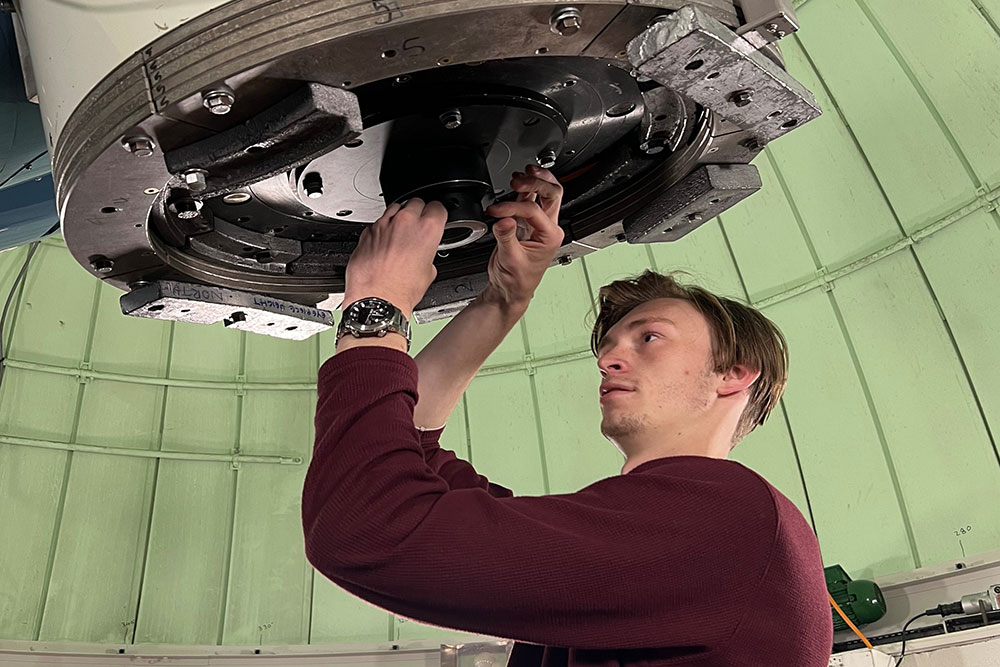Career opportunities
Students majoring in Astronomy acquire a wide range of skills, from the use of spectroscopic and photometric detector systems (and the analysis of the data obtained), through electronics and optics, to computer skills for analysis and interpretation of data. This produces a graduate who is well equipped to undertake employment not only in astronomy, but in any number of fields that require practical experience or that involve analysis of real data.
Studying Physics and Astronomy equips graduates with skills in problem solving, abstract thinking, evaluating, communicating, and decision making. It develops high levels of curiosity, inventiveness, and mathematical and computer competencies.
Graduates may follow traditional paths and work either as scientists, technicians, research assistants, engineers, astronomers, patent agents, technical authors, or even managers at an observatory or in an institute. However, many Astronomy graduates move into other fields, particularly computing and information technology, management, and science communication or media work. With some additional study, graduates can become meteorologists, geophysicists, material technologists, or medical physicists.
Find out more about what you can do with a degree in Astronomy.










